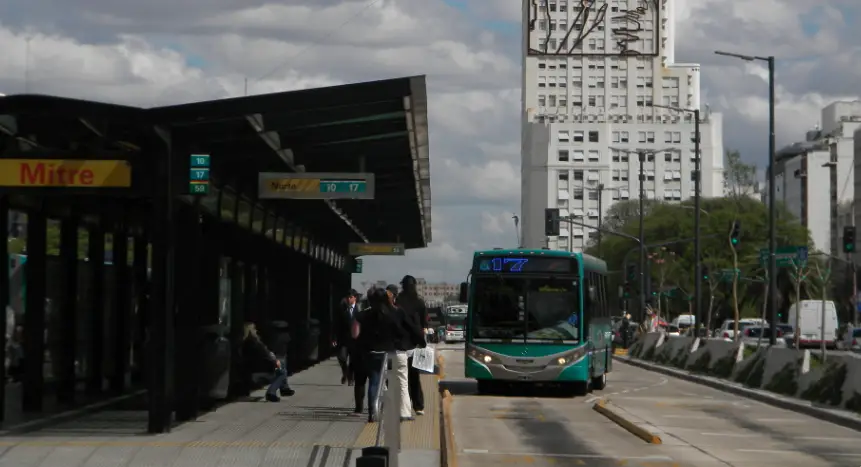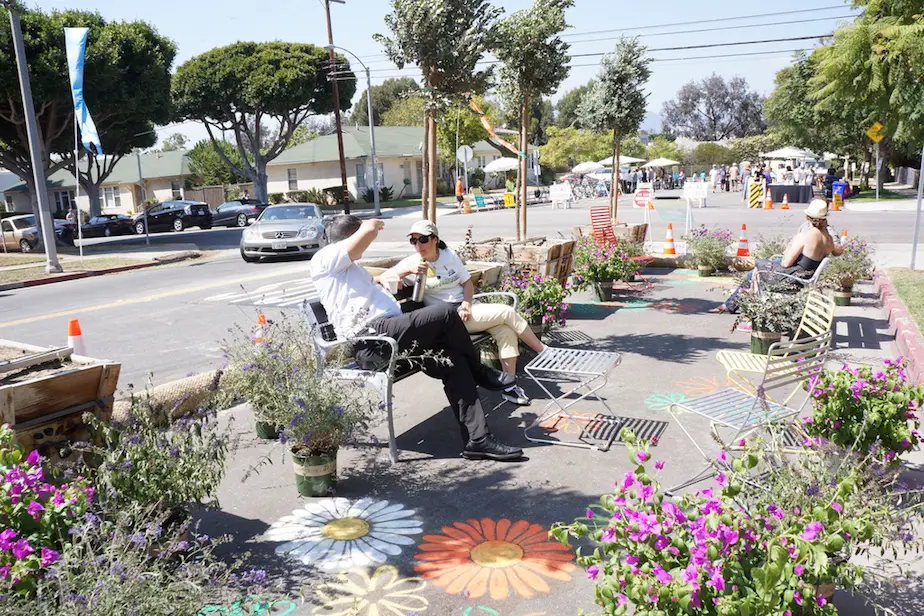On a rainy September Sunday afternoon this year in Brighton, UK, residents took to their pavements with an armchair, pots of tea and slices of cake to meet their neighbours. This is Zocalo, the annual Brighton event that takes places all over the city that aims to get people talking to their neighbours, getting to know each other and making friends. For some this is a chance to put a name to a face of the person they pass in the street every day; for others, some firm friendships have emerged and formed a network of people that can cat-sit, take in deliveries and share summer barbecues and life stories.
Started by White Dot, the Zocalo mantle was then taken up by organisers of the Brighton speakers club, Catalyst Club, and from originally starting in the Hanover area of Brighton – an area famed for its steep hills and shoulder-to tightly-packed-shoulder former fisherman’s cottages, populated by young families, students and long-term residents alike. Zocalo has now spread to other areas of the city, and to nearby towns such as Worthing, part of ‘We Will Gather’ under the auspices of Artists and Makers.
The Zocalo ethos is one that is free – of both form filling, as no street closures have to be applied for, and of fundraising, as no real costs are required to take part. All that is needed to start a Zocalo is a poster downloaded from the Zocalo website to place in windows to garner interest before the day and then to take your chair outside on the day itself and start to chat. Some streets have turned Zocalo into an annual neighbourhood party, with picnics, music and children’s activities. Sunshine undoubtedly helps, but even with the rain this year, people still ‘zocalo’d’, simply taking their conversations inside and leaving their front doors open. Michelle Johnson, a Hanover, Brighton resident and Zocalo fan, says: “It’s the simplicity of the idea that I like. There’s no need for complicated or bureaucratic arrangements: just plonk a chair outside and see what happens. Our street does it every year and whenever the mood takes us. This year we wrapped up warm, played hop scotch, drew pics of us on the wall in chalk (which are still there!) and danced in the street.”

The term zocalo (pronounced ‘sok-alo’ in Spanish) comes from the name given to the main square in the historic centre of Mexico City. A gathering place for Mexicans since the Aztec era, it has been a site of civic, royal, religious and military ceremonies and both national celebrations and protests. It is the open, communal and social aspect of zocalo that inspired Brighton Zocalo; the appropriation of public space for personal interactions that diffuse the boundary of the public and domestic realms where the pavements are no longer a space for recycling bins and pedestrian movement, but a place to linger, relax and converse. Zocalo is an example of iterative, opportunistic placemaking, its cultural potential embedded in a simple idea that is simply executed, which precipitates neighbourliness and a reinvigorated community spirit.
Local resident, Thurston Crockett, says: “Zocalo’s such a simple idea but has such a great impact: I met near neighbours from up the street and the next street a few years back through Zocalo, got on first name terms right away, and we say hello and talk every week or two; we look out for each other – it’s just good for our sense of community and makes it real.”
David Bramwell of Catalyst club and a long-time Hanover, Brighton resident, continues: “If one person in every street in your city helped set up a Zocalo for their neighbourhood, we’d single-handedly start a city revolution. All you need is a bit of good will and a chair and with any luck, by the end of the night you’ll find you’ve acquired a whole load of new friends who just happen to live down the road”.
Cara Courage is an arts consultant, writer and creative placemaking PhD student, testing her theory of relocalism at University of Brighton. She writes for ArtsProfessional, Frame and Reference, Guardian Culture Professionals Network and engage and is director of pop-up architecture centre Threshold.


